NATO Secretary-General Jens Stoltenberg told The Associated Press that the military alliance has no plans to send combat troops into Ukraine amid reports that some Western countries may be considering putting boots on the ground in the war-ravaged country.
Stoltenberg said that “NATO allies are providing unprecedented support to Ukraine. We have done that since 2014 and stepped up after the full-scale invasion. But there are no plans for NATO combat troops on the ground in Ukraine.”
Ahead of a trip to Paris on Monday, where top officials from over 20 countries discussed options to increase help for Ukraine, Slovakia’s Prime Minister Robert Fico said that some are weighing whether to strike bilateral deals to send troops to Ukraine to help it fend off the Russian invasion.
Fico said that his government is not planning to propose to send Slovak soldiers, but did not provide details about what countries might be considering such deals, or what the troops would do in Ukraine.
Parliament speaker Peter Pellegrini also said that Slovakia won’t deploy troops there.
Czech Prime Minister Petr Fiala also declined to comment, but he underlined that “the Czech Republic certainly doesn’t want to send its soldiers to Ukraine.”
Prime Minister Donald Tusk also said on Tuesday that “Poland does not plan to send its troops to Ukraine.”
While ruling out NATO military action, Stoltenberg told AP “that this is a war of aggression by Russia against Ukraine, blatantly violating international law. According to international law, Ukraine of course has the right to self-defense, and we have the right to support them in upholding that right.”
NATO as an alliance provides Ukraine only non-lethal aid and support like medical supplies, uniforms and winter equipment, but some members send weapons and ammunition bilaterally or in groups. Any decision for the organization to send troops would require unanimous support from all member countries.
The idea of putting boots on the ground has so far been taboo, particularly as NATO seeks to avoid being dragged into a wider war with nuclear-armed Russia. However, Ukraine’s backers have gradually provided more hi-tech and long-range weapons since Russia invaded two years ago.
French President Emmanuel Macron said Monday that sending Western troops on the ground in Ukraine should not be “ruled out” in the future, as Russia’s full-scale invasion grinds into a third year.
“We will do everything needed so Russia cannot win the war,” the French leader said after hosting the gathering in Paris. While he underlined that “there’s no consensus today” to send a combined force, he also said that “nothing can be ruled out.”
The conference was held just after France, Germany and the U.K. each signed 10-year bilateral security agreements with Ukraine in a signal of long-term backing as Kyiv works to shore up Western support.
European nations are worried that the U.S. will dial back support, as aid for Kyiv is held up in Congress. They also have concerns that former President Donald Trump might return to the White House and change the course of U.S. policy on the continent.
Several European countries, including France, expressed support Monday for an initiative launched by the Czech Republic to buy shells for Ukraine outside the European Union, participants at the meeting said.
Macron said that a new coalition will be launched to deliver medium and long-range missiles. France announced last month the delivery of 40 additional long-range Scalp cruise missiles.
In an interview last week, Stoltenberg did not oppose the idea that Ukraine be allowed to use Western weapons to strike targets in Russia. Some countries have placed restrictions on the use of materiel they provide, asking that it be used only inside Ukraine.
“It’s for each and every ally to decide whether there are some caveats on what they deliver,” Stoltenberg told Radio Free Europe. But, he said, Ukraine’s right to self-defense “includes also striking legitimate military targets, Russian military targets, outside Ukraine.”
Also Monday, Sweden cleared its final hurdle to becoming a NATO member.
(AP)

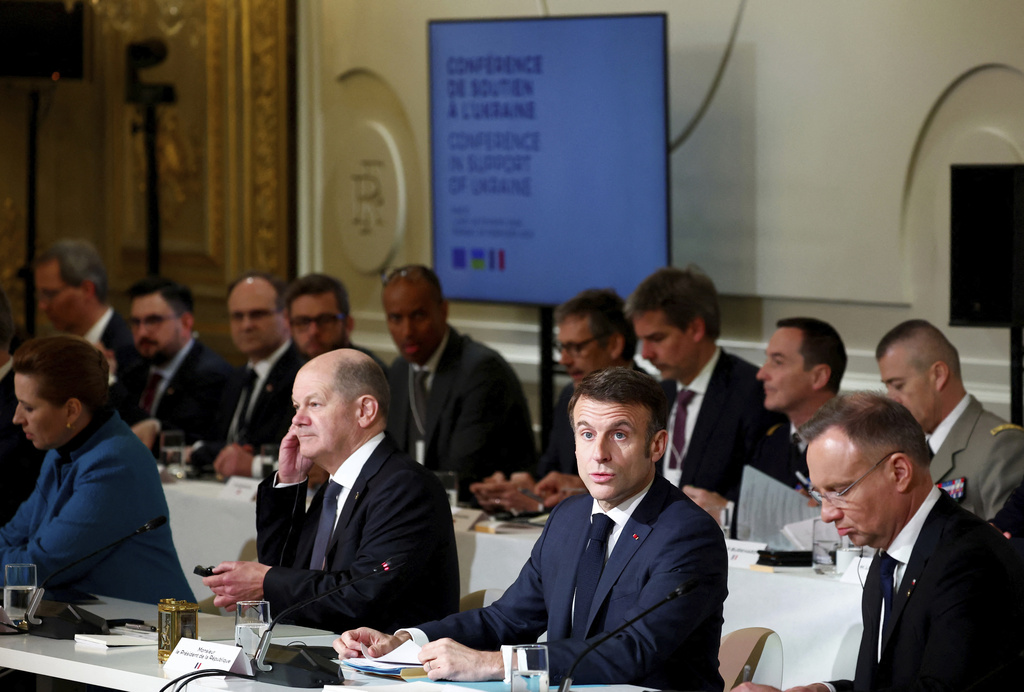

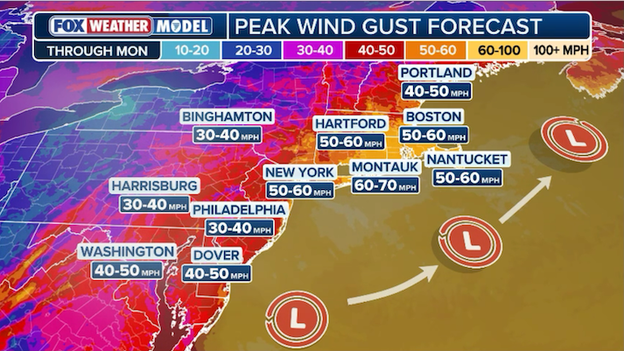
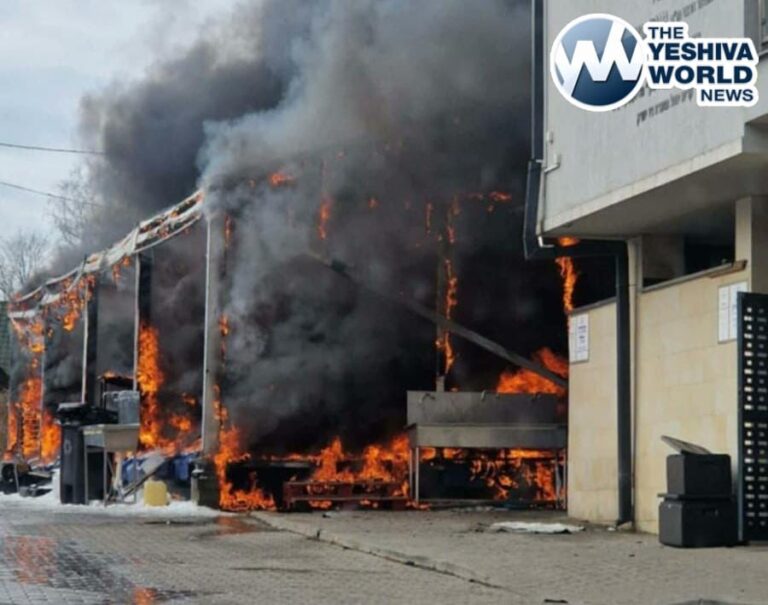

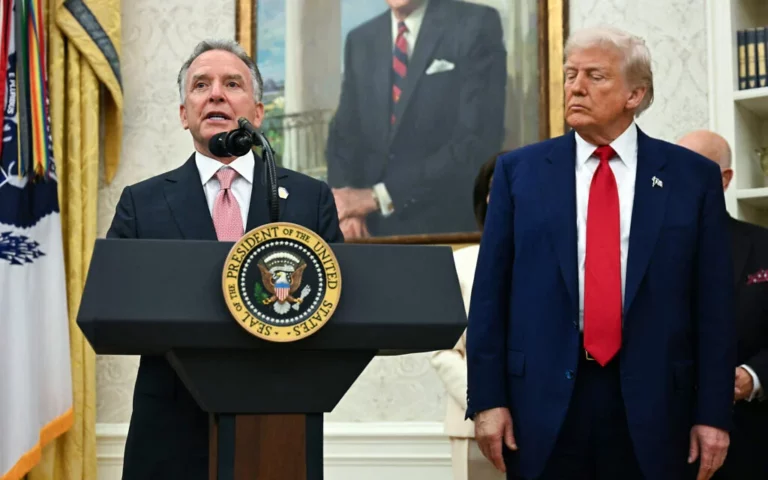

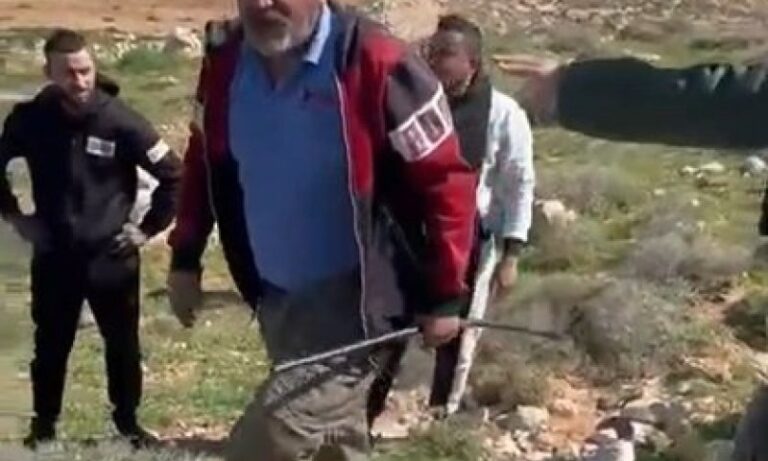
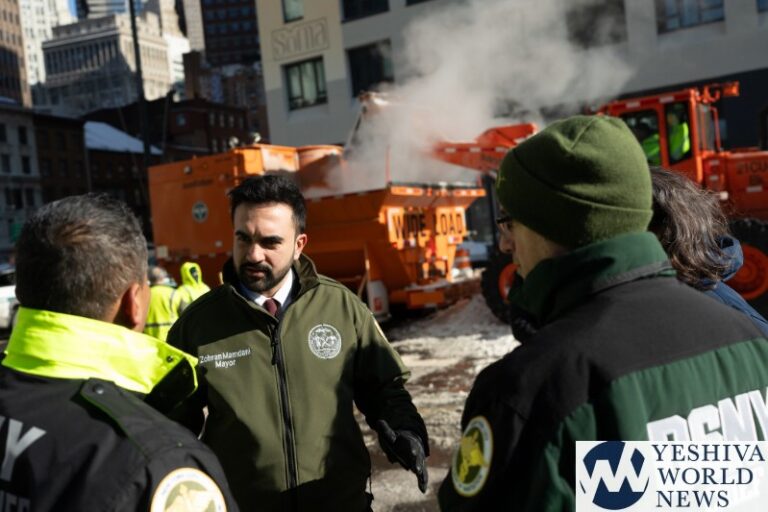


One Response
NATO entering the Ukraine-Russia War would mean an invasion of Russia, and NATO has always been a defensive alliance. If Russia attacks a NATO member such as Poland or a Baltic State, then there would be a full scale war and NATO would probably end up being involved in Ukraine (not to mention invading Balarus, Siberia, etc.).